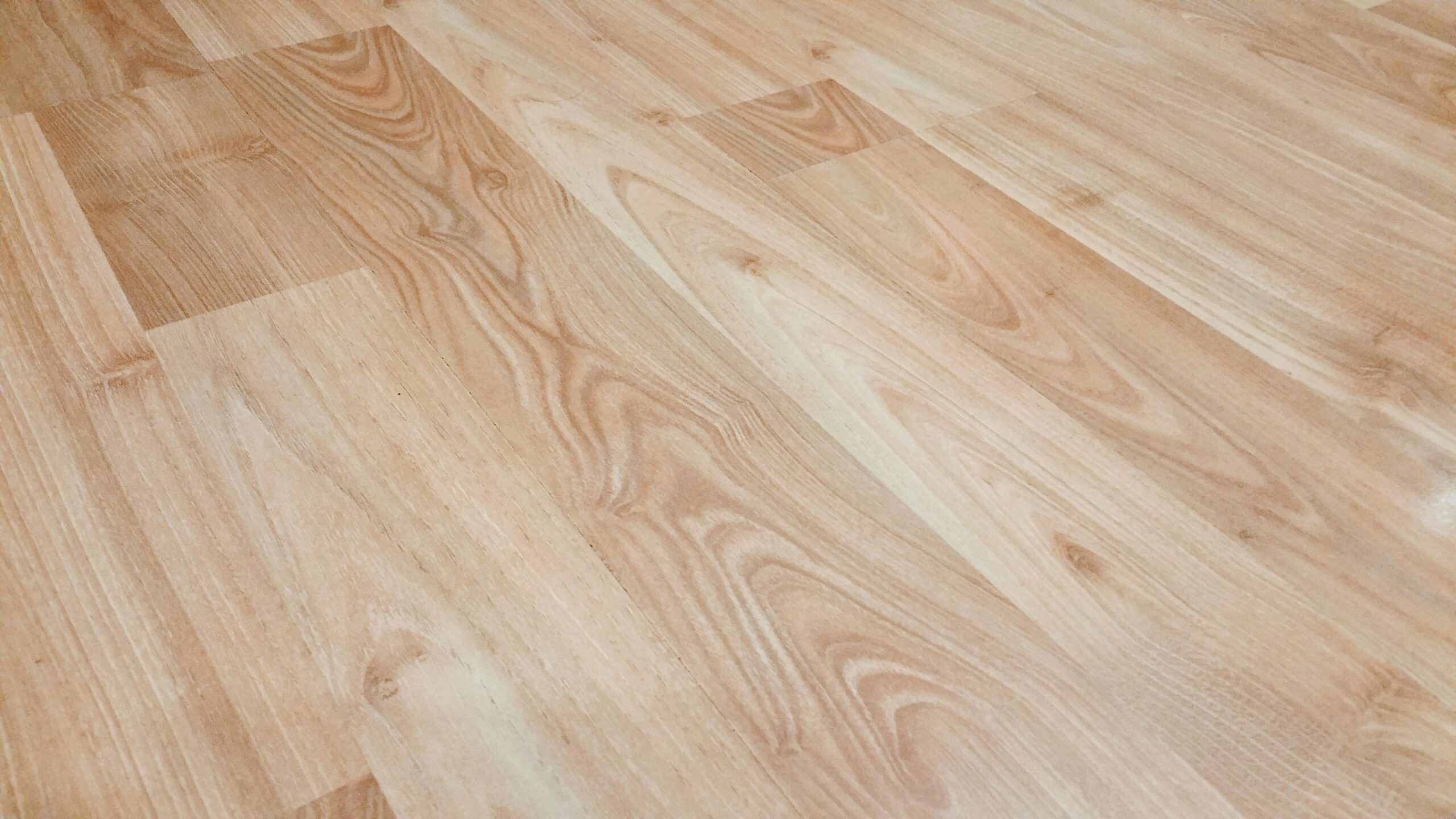- Consider Moisture Levels:
- If your floor will be installed in a high- or medium-moisture area (such as a bathroom or kitchen), opt for materials like concrete, ceramic or porcelain tile, or vinyl tile
- For low-moisture areas, all types of flooring are still suitable.
- Pet Friendly Flooring
- If you have pets, prioritize wear resistance. Some seemingly durable options, like site-finished solid hardwood, can scratch easily.
- Consider ceramic or porcelain tile, laminate flooring, plank vinyl flooring, or even carpeting for better durability.
- Budget and Price Range:
- Determine your square footage budget:
- $2.00 or less: Bargain laminate flooring or sheet/tile resilient flooring.
- $2.00-$5.00: Sweet spot for domestic solid hardwood, engineered wood, attractive laminates, and higher-quality luxury vinyl tile.
- $5.00 or more: Explore rare or imported hardwoods and premium laminate/luxury vinyl options.
- Installation:
- If you’re comfortable with DIY, consider laminate flooring or plank vinyl flooring. Both are easier for homeowners to self-install.
- Ceramic or porcelain tile installation is more complex.
- Style and Décor:
- Think about your preferred colors, patterns, and textures.
- Consider how the flooring complements your existing furniture and accessories.
- Durability:
- Remember that durability is very important. You don’t want to redo the floor in 10 years.
- Choose vinyl planks, luxury vinyl planks, bamboo, tiles, laminate, engineered wood, or choose the most durable of them all, natural stone.
- Softness:
- If you like that soft feeling of your floor, have a family with kids, or usually walk barefoot inside, you might want to consider softer and more comfortable floors.
- Carpets are soft and give the best cushion for accidents. If you are allergic to dust, hypoallergenic carpets work well.
- Vinyl flooring is also a good option for a smooth, softer surface. You can also try PVC (polyvinyl chloride) which is also waterproof and soft.
In summary, there are many different floors to choose from. The most common one that fit most needs would be vinyl, but a floor is very individual. If you still can’t decide what works best, just contact us and send us a message to get a quote.

